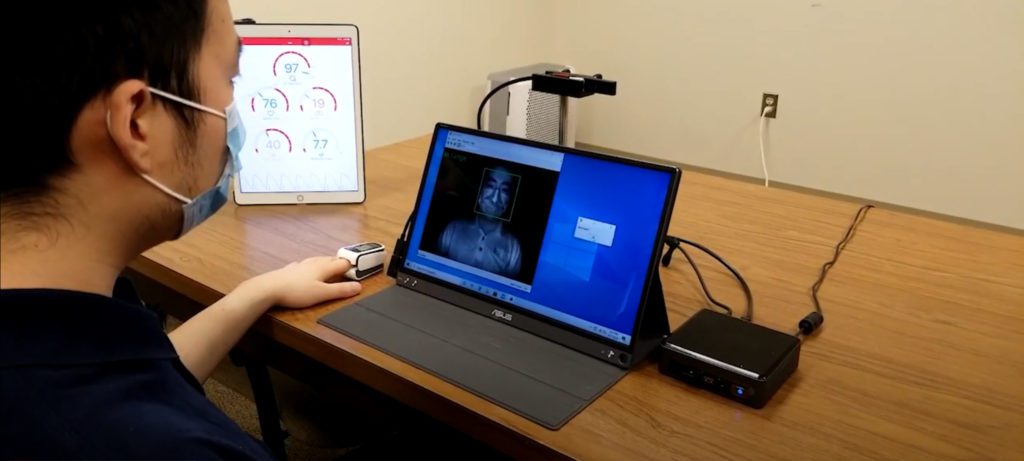Lithium metal solid-state batteries can provide a safer, more powerful alternative to the current standard.
The post Range-doubling lithium metal batteries ‘build themselves’ in lithium ion manufacturing machinery appeared first on Michigan Engineering News.

 Michigan Engineering | University of Michigan
Michigan Engineering | University of Michigan 
